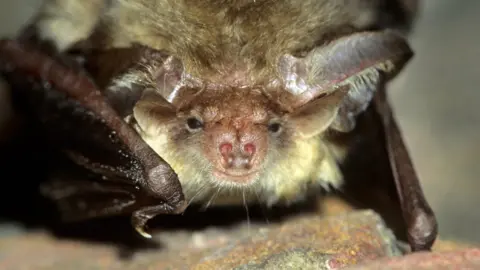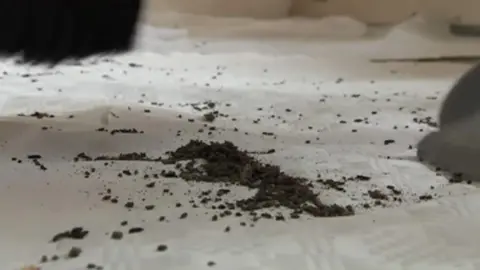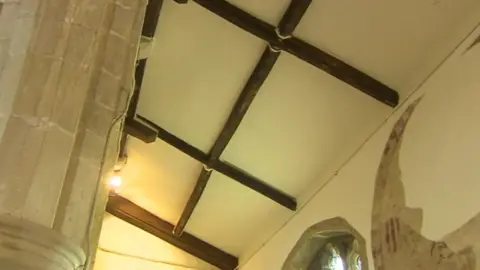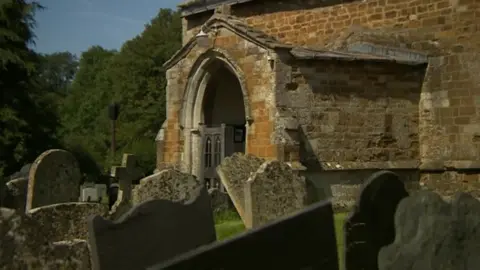Bat faeces no longer interrupting Rutland church services
 Getty Images
Getty ImagesFaeces from a 500-strong colony of bats are no longer interrupting services at a 1,000-year-old church in Rutland following a pioneering new scheme.
Before the work to modify All Saints Church in Braunston-in-Rutland, an hour was spent cleaning up the mess.
However, the bats could not be removed as they are a protected species.
The church was one of the first to benefit from £3.8m of Heritage Lottery Funds to reduce the impact of bats on the buildings across the UK.
In 2014, local MP Sir Alan Duncan described the bat droppings issue at the church as "absolutely intolerable" and raised the issue with the Church Commissioner in Parliament.

Sue Willetts, church warden at All Saints Church, said: "Before, we had covers down on the floors to collect the droppings.
"We had to clean the pews every time, it took an hour before every single service. Now we use the church how its meant to be."
Work to fill gaps in the ceiling to prevent faeces and urine getting through, without harming the animals, has come as a result of a project which is helping about 100 churches that host large bat roosts.

Rosemary Riddell, from the Bat in Churches project, said work at All Saints Church "has enabled us to sort of roll out solutions to other churches similar to Braunstone and it's really helped us to learn from their experiences".
"[The church] was one of our guinea pigs and we're grateful for their engagement and involvement," she said.
A Beer and Bats event has been planned on Sunday evening to mark International Bat Night.


Follow BBC East Midlands on Facebook, Twitter, or Instagram. Send your story ideas to [email protected].
